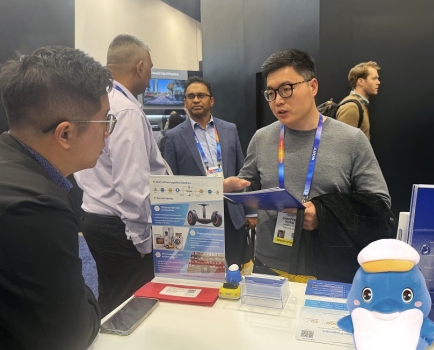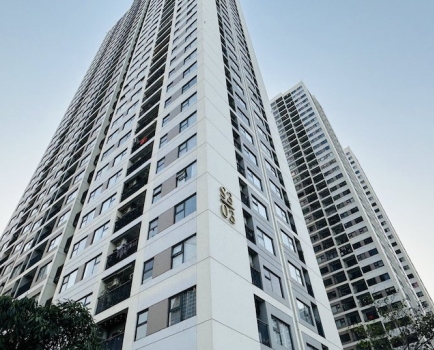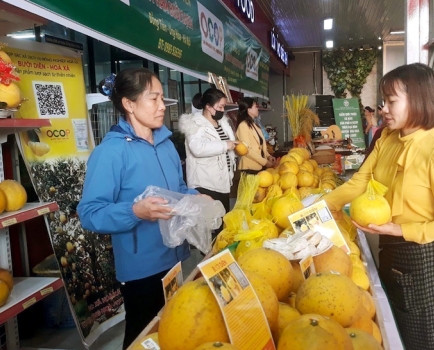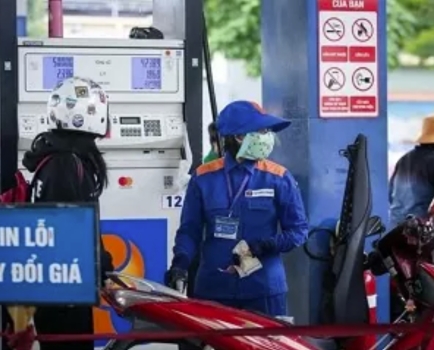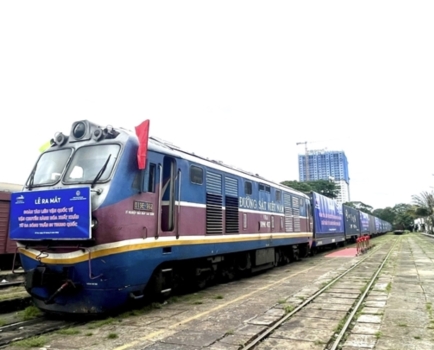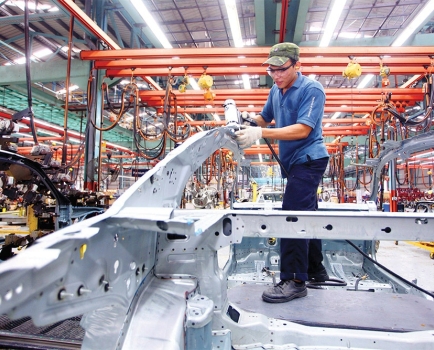US denies visas to bone marrow donors who can save brother’s life
Sun, 09 Jun 2019 19:44:00 | Print | Email Share:
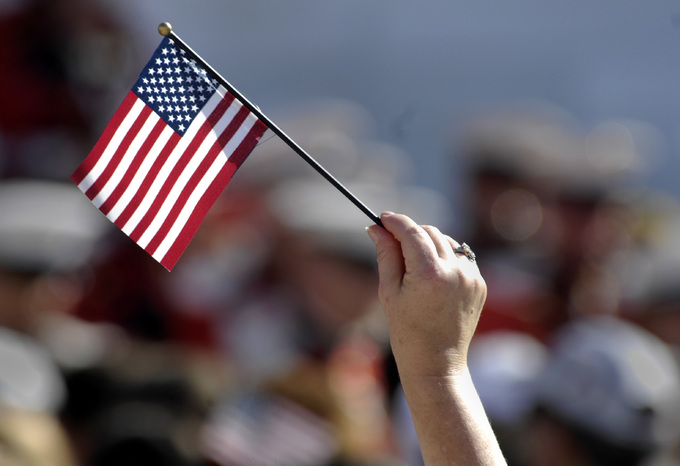
The U.S. Consulate in HCMC has denied visas to two Vietnamese men seeking to donate bone marrow for cancer-stricken, dying brother.
Lam Le and Hiep Nguyen applied for B-2 tourist visas at the end of May, citing a medical emergency. Their elder brother in San Jose, Tu Le, needs their bone marrow to fight an aggressive cancer.
An immigration official from the U.S. Consulate in HCMC called the duo individually on June 3 to inform they didn’t qualify for the visas without providing any reason for their rejection, the San Francisco Chronicle reported, quoting a source from the patient’s family.
Tu, 63, who immigrated to the U.S. in 1992 and became a naturalized American citizen, was diagnosed with an aggressive form of blood cancer called myelodysplastic syndrome last year, and needs a bone marrow transplant to survive.
He failed to find any matching marrow donor in the U.S., forcing the family to ask for help from relatives in Vietnam.
Stanford Health Care, which is responsible for Tu’s care, sent donor test kits to his family members. Among nine potential donors, only two, his younger brothers, were a 100 percent genetic match.
In a May 21 letter submitted to the U.S. Consulate in HCMC along with the brothers’ visa applications, doctor Laura Johnston at Stanford Health Care, who takes care of Tu’s heath, wrote about the urgent need for a bone marrow transplant to save his life.
Trinh Colisao, Tu’s daughter, said the family cannot afford to bring him back to Vietnam or another country to perform the transplant.
The family has reached out to U.S. Senator Kamala Harris of California and Zoe Lofgren, U.S. Representative for California's 19th congressional district, and requested their intervention.
Harris has stepped forward stating that she will request help from the State Department to obtain temporary travel visas for the two men, the Next Shark reported.
President Donald Trump has pursued a more hostile immigration policy than his predecessors, and many people from Vietnam have gone through long and frustrating struggle to apply for a visa to the U.S.
Data from the State Department show that the approval of B-2 visas for visitors have declined to an estimated 32,400 in 2018, from 42,000 in 2017 and 43,500 in 2016.
In a second attempt to save their brother, Lam and Hiep planned to apply for humanitarian parole, "an extraordinary measure sparingly used" that allows an otherwise inadmissible individual to temporarily enter the U.S. due to a compelling emergency, according to U.S. Citizenship and Immigration Services.
Late 2017, a woman in HCMC only received a visa to visit her dying father on her fifth attempt, after media reports triggered a strong public response in her support.
In September the same year, a Vietnamese woman who needed to undergo a stem cell transplant with her sister in the U.S. to save the latter from cancer was granted a visa after three failed attempts.
By: Nguyen Quy/VnExpress
---------------------------------------------
Same category News :



